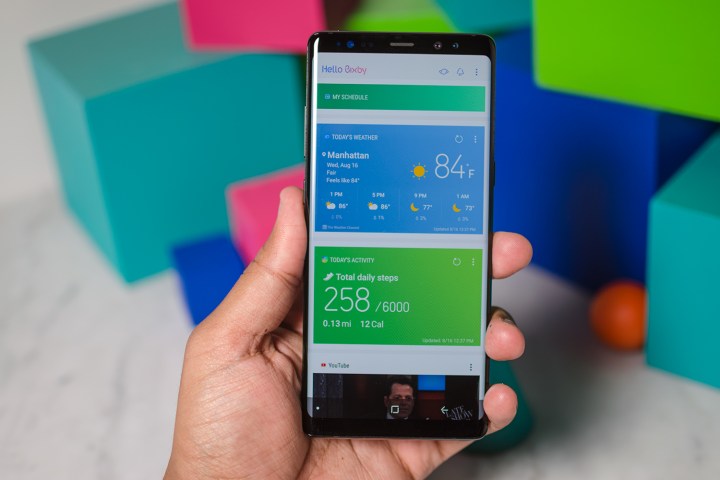
Samsung has quite the history of collaboration with academics, having worked previously with Professor Yoshua Bengio of University of Montreal, one of the world’s foremost experts on deep learning, machine learning, and AI. The South Korean company has also worked with partners in the University of Toronto, McGill University, and New York University.
The lab will focus on a number of initiatives, including voice and image recognition, translation, autonomous driving, and of course, robots. Korean researchers will be sent to Canada to work alongside local professors and students in order to develop the algorithms and further technology needed to ensure that Samsung stays ahead of the curve when it comes to modernization.
“There is a long-standing and fruitful research collaboration between us and Samsung and we are glad to see Samsung open a research lab here and join the amazing momentum which is turning Montreal into an international hub for AI, both academically and industrially,” Professor Bengio noted in a statement.
Canada has recently become a hotbed for all things AI, having recently set aside $125 million in federal funding for research related to the field. Indeed, a number of tech giants have already set up shop in the northern nation — Google’s DeepMind office is centered in Edmonton, while Apple’s self-driving force calls Ottawa home. Facebook, Google, and Microsoft also have offices in Montreal.
Eunsoo Shim, VP and Head of S/W Solution Lab at SAIT, said, “The joint research with Professor Bengio has been a foundation for the development of artificial intelligence in Samsung Electronics, and Samsung AI Lab will be a momentous step for us to leap forward.”
Editors' Recommendations
- YouTube tells creators to start labeling ‘realistic’ AI content
- Tom Hanks warns of AI-generated ad using his likeness
- Spotify using AI to clone and translate podcasters’ voices
- AI drone beats pro drone racers at their own game
- AI-powered commentary is coming to next month’s Wimbledon


